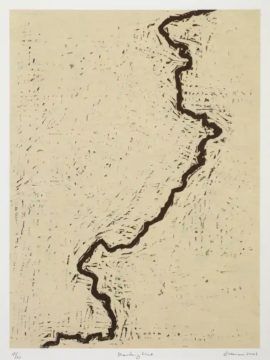Pankaj Mishra and Ali Sethi in The Guardian:
 In a remarkable document from the 13th century, a Sufi writer records his epiphany about the prophet Muhammad granting permission to music in India. Quoting an enigmatic utterance of the prophet (“I sense the breath of the Merciful coming from Yemen”), he speculates that the “Yemen” in question is not just the region in the Arabian peninsula, but possibly also the popular Indian raga of the same name. These days, such an innocuous interpretation, linking the founder of Islam to northern Indian music, is certain to incite charges of blasphemy, and perhaps even calls for assassination, across many Muslim populations.
In a remarkable document from the 13th century, a Sufi writer records his epiphany about the prophet Muhammad granting permission to music in India. Quoting an enigmatic utterance of the prophet (“I sense the breath of the Merciful coming from Yemen”), he speculates that the “Yemen” in question is not just the region in the Arabian peninsula, but possibly also the popular Indian raga of the same name. These days, such an innocuous interpretation, linking the founder of Islam to northern Indian music, is certain to incite charges of blasphemy, and perhaps even calls for assassination, across many Muslim populations.
But it would have been uncontroversial, even unremarkable, during much of the last millennium, the centuries during which India was the world’s busiest crossroads, receiving and transmitting cultural influences between east and west, north and south. Artists and thinkers in this time, when India played easy-going host to a polyphony of identities, were oblivious to today’s hotly invoked distinctions of religion and gender.
More here.
